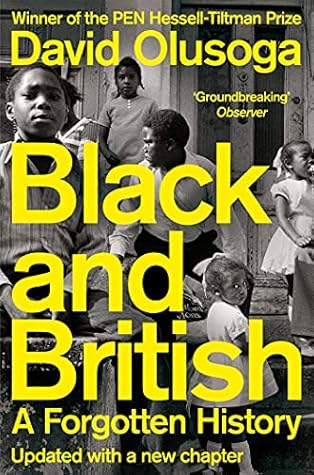When William Knibb and his congregation of newly emancipated slaves symbolically buried the chains of slavery at Falmouth in 1838 they did so in the hope that three centuries of British slavery would not be forgotten. There is some irony therefore in the fact that what largely obscures our national memory of slavery is the history of abolition, and a very specific reading of it. The first historian of the abolition movement was Thomas Clarkson who, in 1807, rushed out an account of the triumphant campaign to end the slave trade. That book was completed and in print by 1808. Clarkson understood
When William Knibb and his congregation of newly emancipated slaves symbolically buried the chains of slavery at Falmouth in 1838 they did so in the hope that three centuries of British slavery would not be forgotten. There is some irony therefore in the fact that what largely obscures our national memory of slavery is the history of abolition, and a very specific reading of it. The first historian of the abolition movement was Thomas Clarkson who, in 1807, rushed out an account of the triumphant campaign to end the slave trade. That book was completed and in print by 1808. Clarkson understood the importance of seizing the historical narrative and wanted to use the movement’s history to further its continuing ambitions. But after 1833 he himself became a victim of a new history that was centred around the figure of William Wilberforce. This narrative was masterminded by William Wilberforce’s two sons, who, in their five-volume biography of their father, demoted Thomas Clarkson. In their account Clarkson was not the movement’s inspirational moral leader but merely a hired functionary. The two younger Wilberforces also committed one of the most outrageous acts of historical vandalism when they convinced Clarkson to send them much of his correspondence with their father. These letters were not returned and have never been found. They are presumed destroyed. But Clarkson was just one among a long list of historical casualties. The contributions of the black abolitionists, Olau...
...more
This highlight has been truncated due to consecutive passage length restrictions.
Superb and powerful explanation of flawed history of abolition right up to present.


